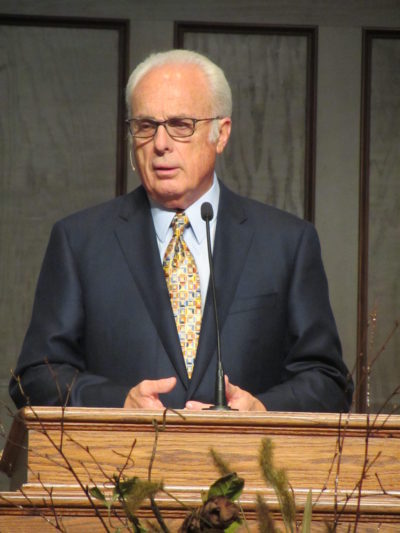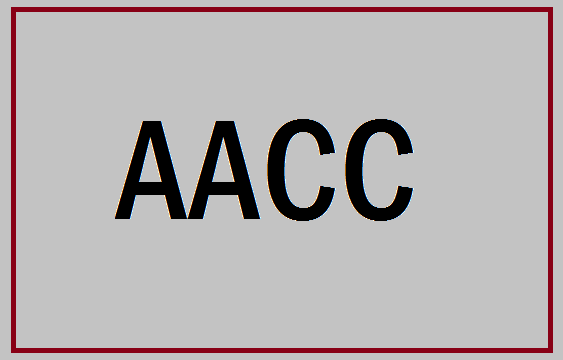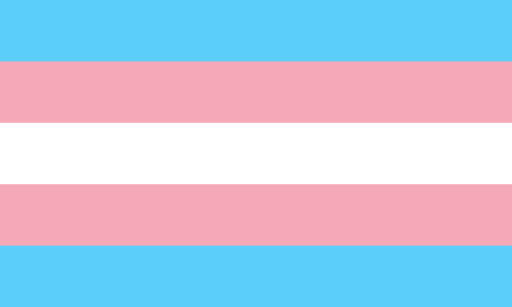Last Sunday, John MacArthur preached on social justice at his church. This is an extension of his recent blog posts which have ignited passionate responses from opponents and supporters alike.
In his Sunday sermon, MacArthur repeated many of the statements and themes from his blog posts. In this post, I want to touch on his definition of social justice and victimization.
Social Justice
MacArthur says
Social justice is a term that describes the idea that everyone has the right to equal upward mobility – everybody in a society: equal upward mobility, equal social privilege, equal finances or equal resources. And if you don’t have those rights and you don’t have those opportunities the society is, by nature, unjust.
Earlier in the sermon he claims social justice is a “part of classic socialism.” I can’t say with certainty but I doubt many social justice evangelicals mean this when they advocate for social justice. I know I don’t.
I will acknowledge that I haven’t seen a consistent definition of social justice. However, this simply doesn’t look right to me. Discussion about economic policy is a distraction here. Most justice minded Christians who are bothered by MacArthur’s views aren’t socialists. They simply believe Christians should advocate for what’s right when the status quo is unjust and wrong.
Victims are Everywhere
Rev. MacArthur doesn’t speak well of victims, except when he does. In a 2016 tweet, he seemed to call for social justice for a young girl in his congregation.
MacArthur called on people to sign a Change.org petition targeting 13 government officials in an effort to get a just result for a young child. I don’t know enough about the situation to give an opinion but I can understand why someone would advocate for this child to stay with the foster family. In my opinion, creating and signing a petition to attempt to bring awareness to a wrong is a great thing to do.
In contrast, in his sermon, he seems to mock people who have truly been harmed.
So we have a growing category of victims of all kinds of microaggressions. And these are the people that are demanding social justice, and by that they mean they want to stop being oppressed by all the oppressors in society. And the more victim categories someone is in, the more empowered that person is, the more important that person is, the more truthful that person is, the more authoritative that person is. If you’re in multiple groups this is a new idea called “intersectionality.” All the segments of victimization come together for you, and your multiple victim status makes you the most authoritative person, the one to be listened to. But if you are not in any victim group, you have nothing to say, “Shut up, and sit down.” That’s where we are. We have an ever-increasing belligerent mass of victims who are defining their lives by what other people have done to them.
At one point, he inexplicably highlights the #metoo movement.
All who die under the judgment of God die for their own sin and not somebody else’s. That is clear and unambiguous. But it is human nature to fight against it to say, “I’m a good person. I’m a good person. There’s just bad people around me who have done bad things to me,” sometimes two hundred years ago, sometimes two generations ago. Sometimes it’s just part of the dominate male chauvinistic culture. Or sometimes it’s just homophobia.
“All this has been done to me.” And so, hashtag, “Me too. I’m a victim.” “Me too, me too. I was abused, I was abused, I was abused.” “Somebody offended me. Somebody made a micro-aggression against me.”
So I’m a victim of certain regional attitudes or gender attitudes, or sexual preference attitudes, or hate speech, or economics, or education. I’m just a victim of intersecting prejudice and oppression, and I’m victim.” I’ve go so many categories I ought to be given a medal of honor for all my categories of victimization.
Everybody’s offended me, people I don’t know. Dead people have offended me, living people have offended me. You offend me. I’m a victim of past injustice and inequity. and present rejection, discrimination, offense. And most of you don’t even know how much you offend me, it’s unconscious. And by the way, if you’re not a victim, then you’re a part of the oppressor group. You must repent. I’m not surprised that exists in the culture, because that’s what Adam said. I mean, that’s how fallen people react. They don’t take responsibility, they just blame somebody else; and they’re perfectly happy to blame God.
When MacArthur makes light of the suffering of real people, it makes his assurances of concern for them ring hollow. Also in this sermon, he said:
That is not to say that we’re not to love people and live justly, and care for them, and minister to the people who have been treated unfairly and unkindly and mercilessly; we are as Christians. Of course, we are. We are to be known by our love, love to one another and love to the whole world. And we are to be as Christ was to them, caring for them, meeting their needs, ministering to them, loving them. That is a result of salvation. The question is, “Is the social gospel a part of the saving gospel, or is caring for people a result of the gospel?”
I submit you can’t minister to people who have been treated unfairly if, at the same time, you dismiss them or make light of their situation. Part of living justly and treating people fairly is taking them seriously. Ridiculing, belittling, and minimizing the reality of their situation and status in society does not communicate love and concern.
In fact, there is no real conflict between the actual gospel and social justice. African-American pastor Terrance Jones certainly doesn’t believe there is. He attended The Master’s Seminary and is candid about what he experienced at the school. I will leave it to readers to determine the meaning of what Jones shared in his most recent post:
Placement is a unique hallmark of The Master’s Seminary. Not only do they train you to be a pastor, they also serve as a bridge between graduates and churches/ministries around the world. Churches can upload their information and available positions, while students can upload their résumé as they near graduation. When I was a student, the seminary boasted of having a 90% placement rate. This meant that within 6 months of graduating a student could expect to find a staff position within a church/ministry somewhere or enroll in another degree program. What wasn’t discussed with African American students was that we were a part of the 10% that could not be placed in a ministry position. I put my head together with faculty and admissions staff members to figure out the numbers. We determined that by the time I graduated in 2011 the school had only facilitated the placement of approximately 3 African American students in 25 years. According to people connected to TMS since 2011, not much has changed.
The rationale given to me as to why this problem existed was, “black churches don’t want sound doctrine.” What??? Black people do not have a monopoly on bad theology. I can think of several heretics of different ethnicities.
What is it that is keeping those placement rates depressed? Is it the gospel? Surely not! What else could it be?*
After all of this, let me advocate for intentional efforts to right wrongs when we see them. This shouldn’t be controversial or require a dissertation to justify it. When we see a wrong, we need to speak out about it, even if that wrong is being perpetrated or overlooked by people in our tribe, political or religious. Where we disagree about what’s wrong, let’s talk about it like we’re in this together, because whatever you think about the afterlife, we are here now.
*I asked Terrance Jones about how many black students attended the seminary during that time frame and he said about 50. He had reliable information that none had been placed from 2015-2018. Of course, if the school has an official statement on the subject, I would be happy to include it here.
Like this article and want to see more like it? Support this blog at Patreon.com.
[email-subscribers namefield=”NO” desc=”Subscribe to receive notification of new posts.” group=”Public”]
Image: Wikimedia (public domain)




